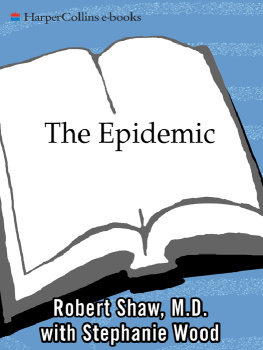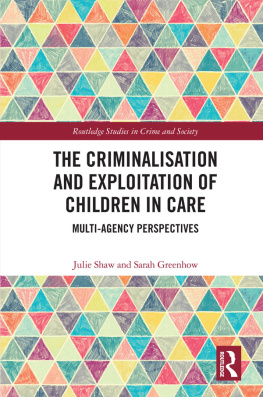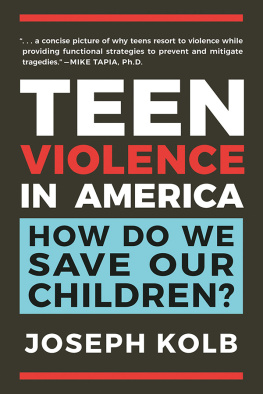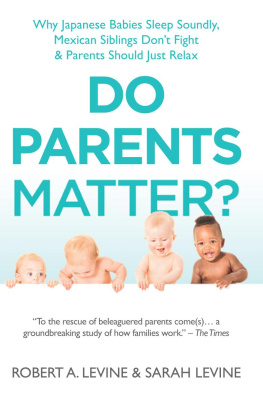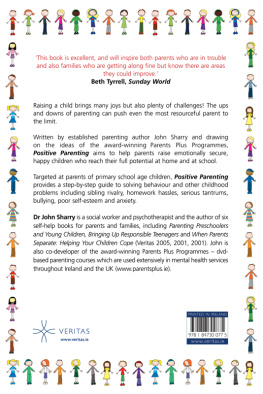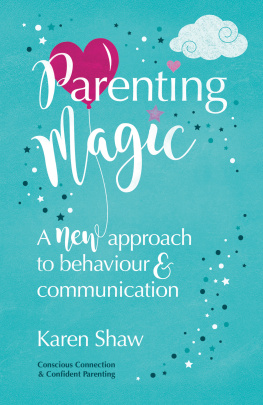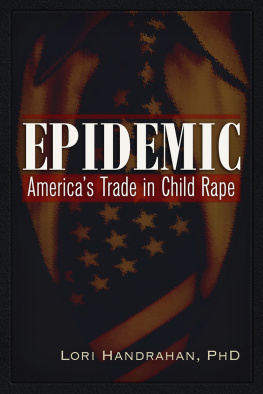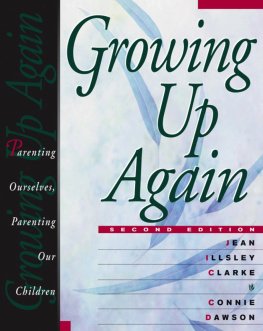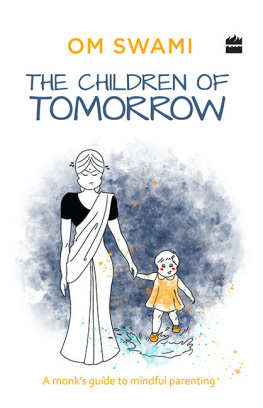Robert Shaw, M.d.
The true test of civilization is, not the census, nor the size of cities, nor the cropsno, but the kind of man the country turns out.
Ralph Waldo Emerson, Civilization (1870)
WHEN THE NEWS reports began to break in the spring of 1999 about the catastrophe at Columbine High School in Littleton, Colorado, where two teenage boys had mercilessly slaughtered twelve fellow students and a teacher and injured twenty-three others, my first thought, like that of many of you, was, What makes a young person capable of planning such an atrocity for monthsand then carrying it out?
To commit this cold-blooded crime, these boys had to be extremely detached and alienated from everyone around themtheir parents, families, teachers, peers, and community. They had to have been living such an abstracted, virtual existence that they could not feel the impact of what they were doing strongly enough to stop their behavior, which was much like the meaningless killing in a video game. They must have been completely cut off, totally lacking in the understanding that there were people they could talk with about their feelings of loneliness, emptiness, despair, resentment, and rage. No one seems to have foreseen such an outcome, but the disintegration of their personalities cant have happened overnight. Why didnt their families and others in the community notice and get involved? On May 4, 1999, columnist Thomas Friedman raised this issue in the New York Times:
The events of Littleton knocked the stuffing out of the country. They [the American people] are sincerely troubled by Columbine, and what it might say about their own schools, their own communities, and their own kids. The shootings in Littleton were not by deprived inner city youths who could be written off as psycho. Rather, they happened in a Leave It to Beaver neighborhood. Until we hear from parents in this story, until we unearth the psychological smoking gun that explains how a young man of privilege could go to the prom on the weekend and then shoot up his schoolmates the next week, it is going to gnaw at the country.
As sad as the events of Columbine were, they did not surprise me. These children were not an aberration. They were the natural outcome of the way we have been raising children from comfortable and even affluent families today. They were developmentally crippled by the child-rearing attitudes and practices that have spread like a virus from home to home in this country.
Over the past ten or fifteen years Ive become more and more aware of this epidemic, but now it has reached the point that calls for us to intervene. Wherever I goin stores, on the street, in restaurants, in peoples homesI see repetitious scenes of whining, and tantrums, andeven more upsettingan increasing number of kids who look sullen, unrelated, and unhappy. These kids are in the early stages of what I believe is a serious epidemic of disturbed children; those who become school shooters are simply at the far end of the spectrum.
The behavior of these discontented, joyless children is so common these days that many people no longer consider it abnormal. We rationalize it, normalize it, call it a phase or a stage at each point along the way.
I want to shock you into opening your eyes and truly confronting what is happening in the lives of our children. What are the signs of this epidemic?
- Far too many children today are sullen, unfriendly, distant, preoccupied, and even unpleasant. They whine, nag, throw tantrums, and demand constant attention from their parents, who are spread too thin to spend enough time with them. Feeling guilty and anxious, the parents in turn soothe their kids with unhealthy snacks, faddish clothing, toys, and media. Many kids, even very young ones, treat their parents with contempt, rolling their eyes and speaking rudely.
- Teachers describe todays children as much less educable and complain that managing their behavior takes up more and more time, leaving less time for education. Many schools have become like prisons, with metal detectors and security guards.
- A host of new clinical diagnoses have been invented to explain why children seem totally spoiled, untrained, and unsocialized, and an incredibly large number of children have been diagnosed with attention deficit hyperactivity disorder (ADHD) and bombarded with psychoactive drugs.
- Newspapers carry daily stories of school shootings, sadistic bullying and hazing, and robbery sprees.
- Blaring, rapid-paced television shortens our childrens attention span, teaches passivity, draws them into the consumerist spiral, and bombards them with sadistic, sexist images.
What do these things have in common? They are signs that our society has become toxic to children.
I know what conditions create kids like this, and I can tell you how to avoid these problems for your children or how to remove them from the grip of the epidemic if it has taken hold. My clinical experience has been very broad. Over many years I have interacted with thousands of children and families with a broad range of behavior disorders: anxiety, school and learning problems, family problems, psychosomatic illnesses, eating disorders, and the spectrum of autistic syndromes. Ive taught professionals and directed psychiatric programs in New York City at Mount Sinai Hospital, the Coney Island Mental Health Center, and the Albert Einstein School of Medicine, where I ran the Child and Family Mental Health Program for the entire South Bronx. I have also run the child and family psychiatric services for the city of Berkeley, California. With my wife, Judith Shaw, a psychotherapist who works primarily with families, I founded the Family Institute of Berkeley, which is devoted to the treatment of families and the training of clinicians in our approaches to family and couples therapy.
I have worked in settings that serve comfortable and even wealthy families. I have spent many years working in inner-city ghettos. I have seen it all, and over the years it has become clear that we as parents have gradually adopted attitudes and practices that constitute a prescription for disaster.
We used to be clearer about the importance of parenting, but somehow weve forgotten what children actually require in order to grow into happy, responsible adults. Weve lost our sense of what matters most in our childrens livesand when we do know, were not spending the time and energy to make it happen. Then theres a great conspiracy of silence. Its not politically correct to say that some of our lifestyle choices are not in the best interests of our children, despite our loving intentions, and that they compromise their opportunity for the connections and rituals and nurturing that are so necessary to childrens healthy development. We have abandoned the notions of decency and morality that once led parents to know what to do with their children. And we have trivialized the notion of what it takes to support the sacred passing of humanity from one generation to the next that occurs in the incredible love affair of mother and child.
This book is about your children, your grandchildren, and their future. It is about what you can see around you, not about some mysterious disease or some horrific teenage crime committed far away from your comfortable home. You will notice as you read that I do not very often select examples of the epidemic from my practice, as is usual in books by psychiatrists. Rather, I select my examples from the life I see outside of my office, in the world around mearound the neighborhood, in restaurants and stores and at friends houses. This epidemic is best illustrated by the behaviors and attitudes that I know are right in front of you too. These stricken children and parents are not tucked away on therapists couchesthey are everywhere, right out in full view.

